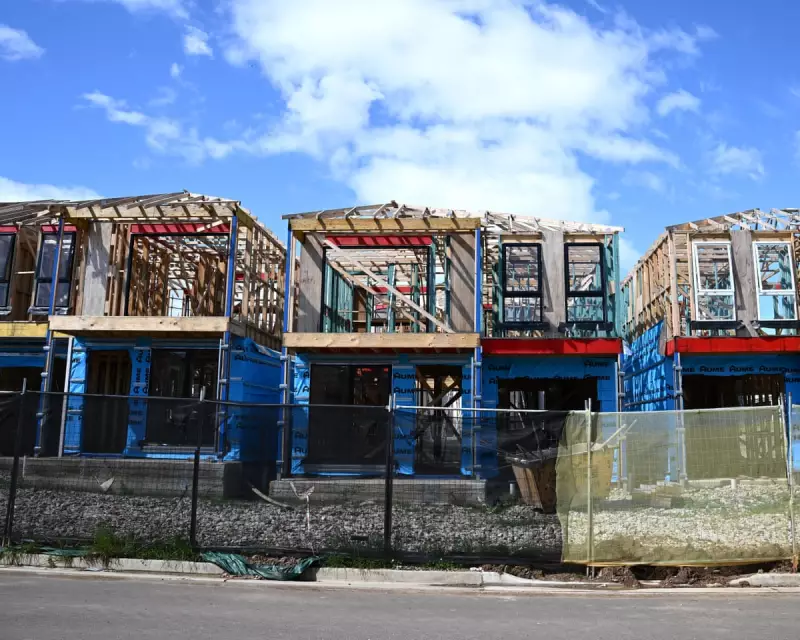
In a move that has sparked significant controversy, the New South Wales government is proposing sweeping changes to planning laws that could enable mines and other major developments to bypass thorough environmental assessments.
The proposed fast-track planning system, detailed in new documents, would grant the planning minister unprecedented powers to approve state-significant projects without requiring full environmental impact statements. This represents a fundamental shift in how major developments are assessed in Australia's most populous state.
What the changes would mean for development
Under the current system, major projects typically undergo rigorous environmental assessment processes that can take years to complete. The new framework would allow the planning minister to determine which projects require full environmental scrutiny and which can proceed with minimal assessment.
Critics argue this could lead to situations where mining operations, large-scale infrastructure projects, and other developments with significant environmental impacts are approved without proper consideration of their ecological consequences.
Conservation groups sound the alarm
Environmental organisations have expressed deep concern about the potential implications. "This represents a dangerous erosion of environmental protections that have been built up over decades," said one conservation spokesperson. "Allowing mines to proceed without comprehensive environmental assessment puts fragile ecosystems and water resources at serious risk."
The proposed changes come amid ongoing debates about balancing economic development with environmental protection, particularly in regions with significant mining and resource extraction activities.
Government defends the approach
Proponents of the fast-track system argue that it will streamline approval processes for important projects while maintaining appropriate environmental safeguards. They contend that the current system creates unnecessary delays that hinder economic development and job creation.
However, opponents remain unconvinced, warning that the changes could undermine public confidence in the planning system and lead to environmental damage that might otherwise have been prevented through proper assessment procedures.
The proposed legislation is expected to face significant scrutiny as it moves through the parliamentary process, with environmental groups vowing to campaign vigorously against what they see as a dangerous weakening of protection measures.





